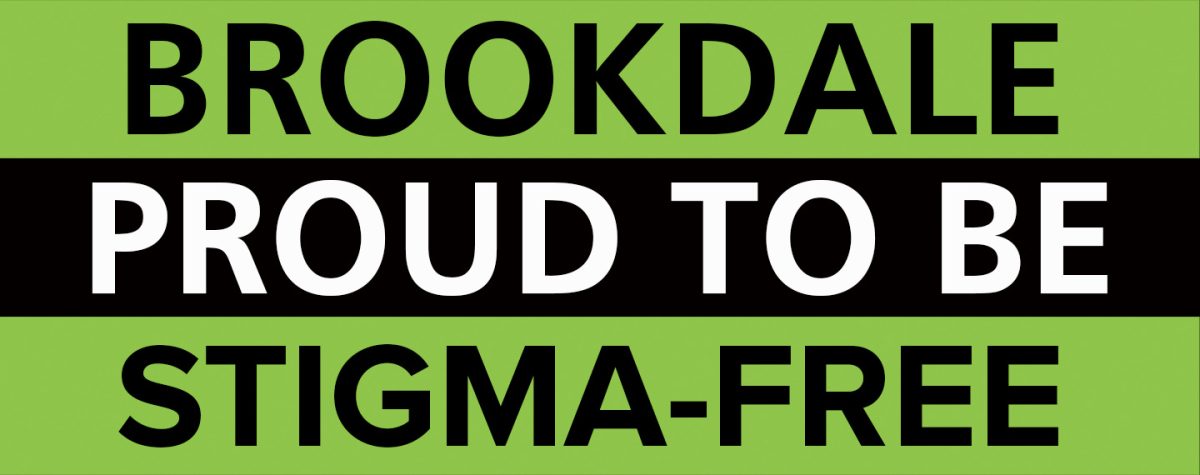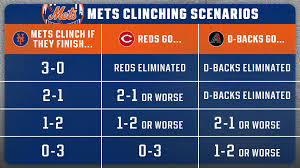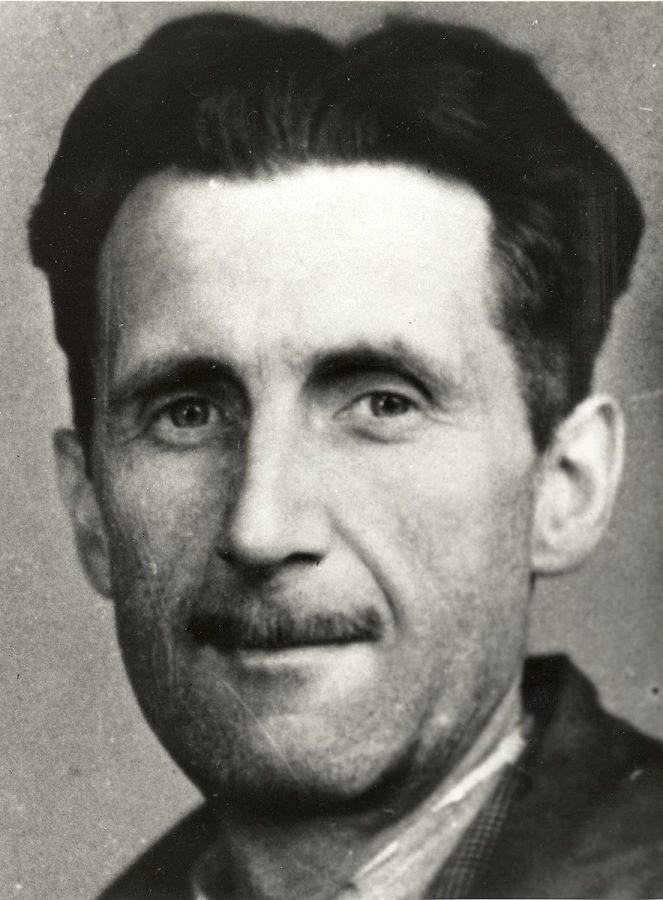Read Orwell Even When Big Brother Isn’t Watching
Picture of George Orwell which appears in an old accreditation for the BNUJ.
George Orwell needs no introduction; his novels are nearly standard reading. Though his writing is a little dated by the issues of his day, he is one of the most effective and impressive authors I’ve ever read.
His books are each a bit of his unique perspective that he chooses to reveal. “Animal Farm” reads nothing like “1984,” and neither sound anything like “Down and Out in London and Paris.” It’s because of this that readers should not stop at what their schools make them read, but rather continue to the rest of his writings: they are each unique.
Besides “1984” and “Animal Farm,” I have read “Why I Write” and “Down and Out in London and Paris.” I highly recommend both; they are short, insightful novels.
“Why I Write” is worth reading because it helps form a picture about Eric Blair about his politics, his motivations, and his ideal future. The book goes so far as to set out a future path for the U.K. It outlines what he considered the best way forward to win WWII and reform the government that allowed appeasement.
“Down and Out in London and Paris” is about life as a writer in Paris. It shows poverty, theft, unscrupulous survival instincts and the constant push to make enough money to drink enough to forget what it took to make that money. The book shows Orwell’s life in a way that no other of his novels do: the day-to-day methods of survival and improvement.
It was Orwell who taught me not to trust the government. It was Orwell who showed me how effective propaganda can be and how insidiously it can affect the unprepared. Orwell went so far as to invent words, portmanteau-ing this and that to form the vocabulary of dissent.
According to George Orwell in “Why I Write,” there are four reasons why authors write:
- Sheer egoism
- Aesthetic enthusiasm
- Historical impulse
- Political Purpose
Reading Orwell’s motivations for writing left me with the question I read his answers to: Why do I write? What are my purposes? Are they any different?
Sheer egoism is probably my strongest drive out of these four. I have very little impulse to shape the course of history and my writing has little to do with politics. I write because I want to be good at writing; I have a desire to have my writing enjoyed and myself remembered.
One reason I have, which either Orwell didn’t have or hadn’t thought of, is: I have the ability to write fairly well. That’s why I do it. When I see an opportunity to write, I usually do, so that I can test myself against a certain idea. If I was not able to write well, I would avoid it like I avoid sports.
For example, I’m afraid of being hit. This is why I would play football like a potato: I hide as far away from the action as possible, in the ground if I could. Now, if I were a good football player, I would be ecstatic to play as often as possible, so that I could make myself a great football player. It’s because I don’t have the skills already that I don’t choose football as something to better myself at. I want something at which I’m respectable to become excellent. I’m afraid of complete, irredeemable failures.
Looking at Orwell’s list and my own, at this point you should be prompted to ask: Why do I write?





























